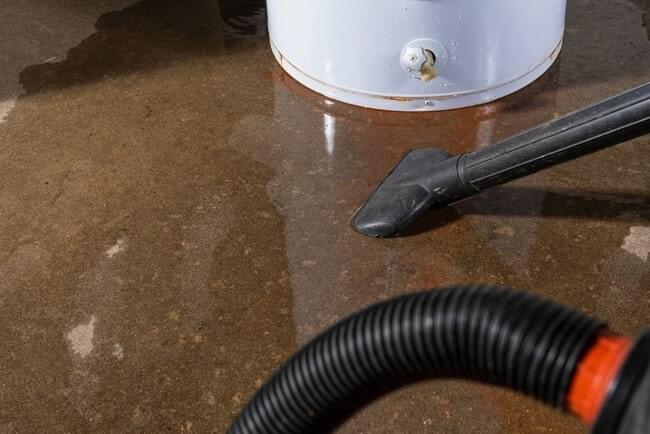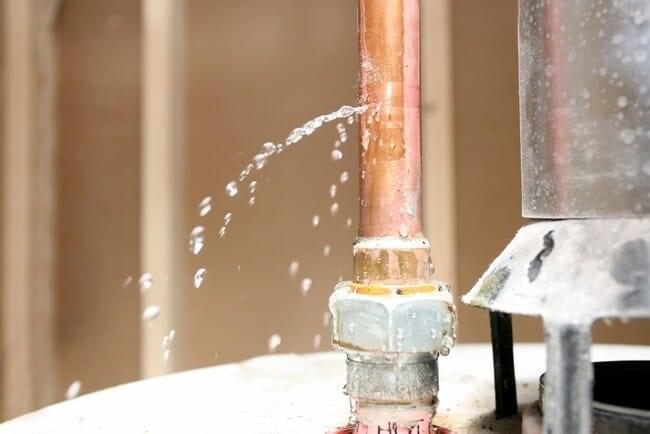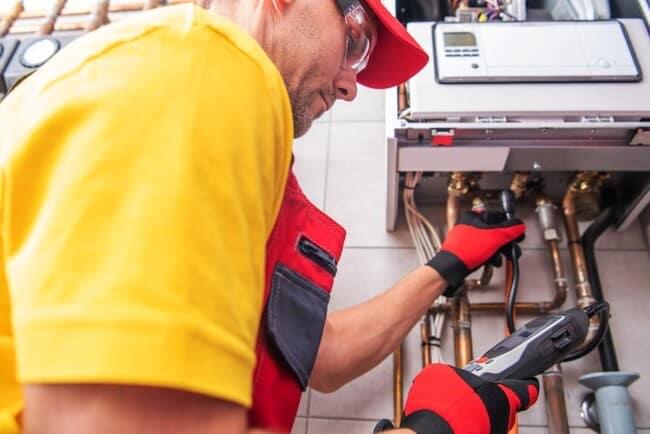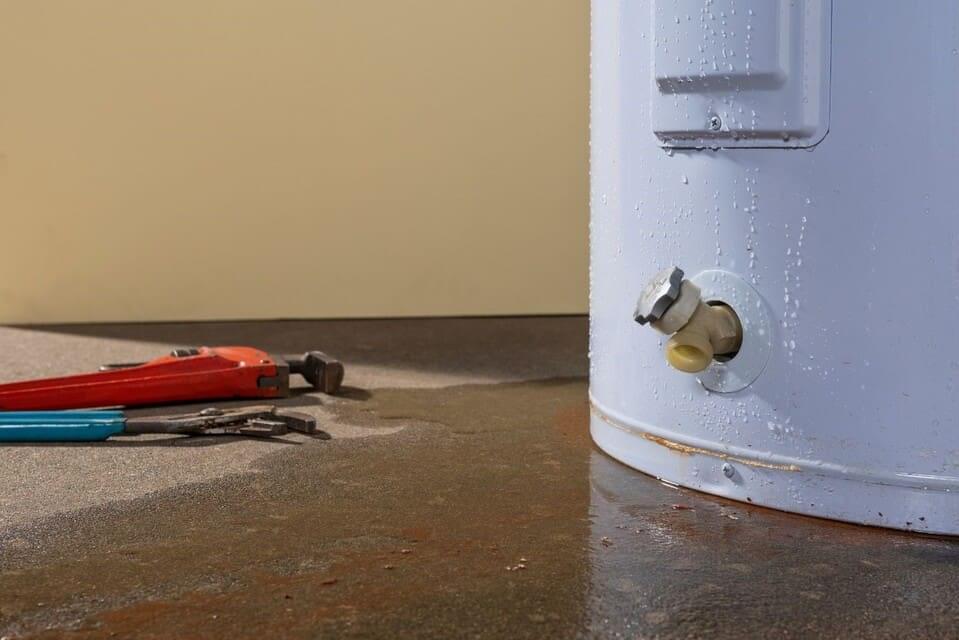Water heaters are essential components of modern households, providing the comfort of hot water for a variety of daily tasks. However, they can become sources of stress and high repair costs when leaks occur. Identifying the early signs of a hot water heater leak can save homeowners from potential water damage and the disruption of hot water services. It’s important for individuals to recognize these early warning signs and understand the steps to take if they suspect a leak.
Water heater leaks can arise from issues like loose connections or tank corrosion. Some require easy fixes, such as tightening a valve, while others need expert repair. Spot leaks early by checking for moisture, unusual noises, temperature changes, or discolored water.
When homeowners encounter signs of a leak, they should act promptly to determine the source and severity of the problem. This may involve checking common leak points such as the temperature and pressure relief valve, the water supply connections, and the tank itself.
A small drip may not require immediate professional help, but a steady stream or a large puddle typically means it’s time to call in a plumber. Early detection and swift action can prevent minor leaks from escalating into larger, more costly issues.
If you have leaks now…Read This Article on giving a cost benefit analysis for a repair or replace a tank water heater
Recognizing the Signs of a Leak
Identifying a leak early can save a homeowner from costly repairs. Promptly spotting telltale signs ensures immediate action can be taken to address the issue.

Puddles Near the Heater
When one notices water pooled around the base of a water heater or streaming from the base of the heater, it is often a clear indication of a leak. It is essential to inspect the area for constant wetness or recurring puddles, even if they seem to dry up on occasion.
What should you do if you have to turn the water off? Check out what the average Plumber said on this article Leaving A Hot Water Heater On with the Water Off.
Unusual Sounds from the Tank
A functioning water heater should operate relatively quietly. Therefore, strange noises such as gurgling, hissing, or popping emanating from the tank could suggest water is leaking through cracks or sediment has built up, causing irregular water distribution.
Corrosion and Water Marks
Visual inspection might reveal signs of corrosion or rust on the heater’s exterior, which typically indicates a slow leak. Also, water marks or staining along the sides or top of the heater can also be markers that water is seeping from joints or connections.
Immediate Actions to Take
When a water heater leak is detected, prompt action is necessary to prevent further damage and ensure safety. The following steps are crucial in addressing the issue effectively.

Shutting Off the Water Supply
Locate the water shut-off valve. It is typically positioned above the water heater and should be turned clockwise to stop the water flow. In case of valve malfunction, one should shut off the main water valve feeding the property with water.
This would be from the water company on the street side of the house typically or a wall closest to the water wells location. Sometimes water pumps are inside the house or in the basement floor, then just follow the water line from the well and turn off the supply line.
Power Disconnection
For electric water heaters: The power can be disconnected by turning off the corresponding breaker in the electrical panel. Typically a double breaker around 30A dependent on the size.
For gas water heaters: The gas supply must be shut off using the dedicated gas valve, which is usually located near the water heater. You can also shut off the gas water heater gas valve, but working on the water heater may cause movement of the heater and a minute, but possible leak.

Consulting a Professional
If Immediate professional assistance is advised. Contact a licensed plumber to inspect the leak and perform necessary repairs. If there are signs of significant damage or you are unsure about handling the situation, seek professional help right away.
Conclusion:
Regular maintenance and timely repairs are crucial in extending the lifespan of your water heater and preventing future leaks. Annual inspections by yourself or a professional can help identify potential issues before they escalate, saving homeowners from costly repairs and the inconvenience of unexpected water heater failures. Remember, proactive care is key to ensuring the reliability and efficiency of your hot water heater.
